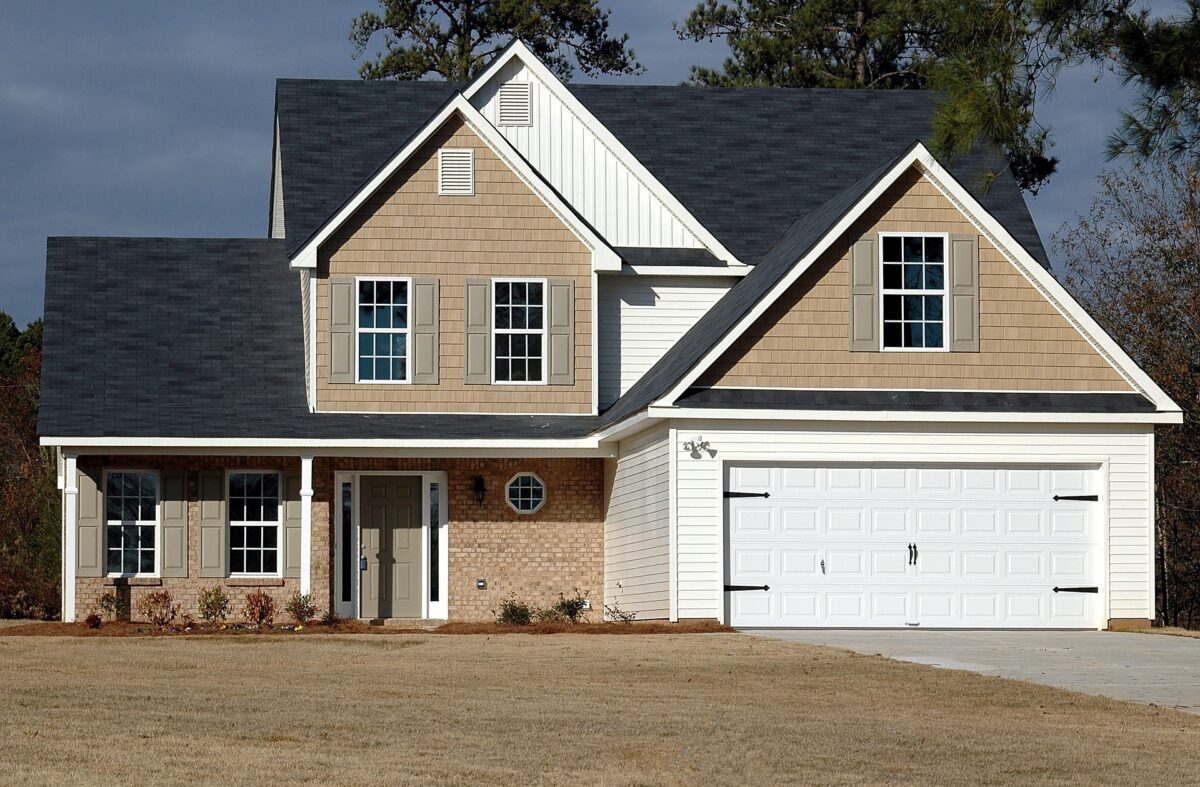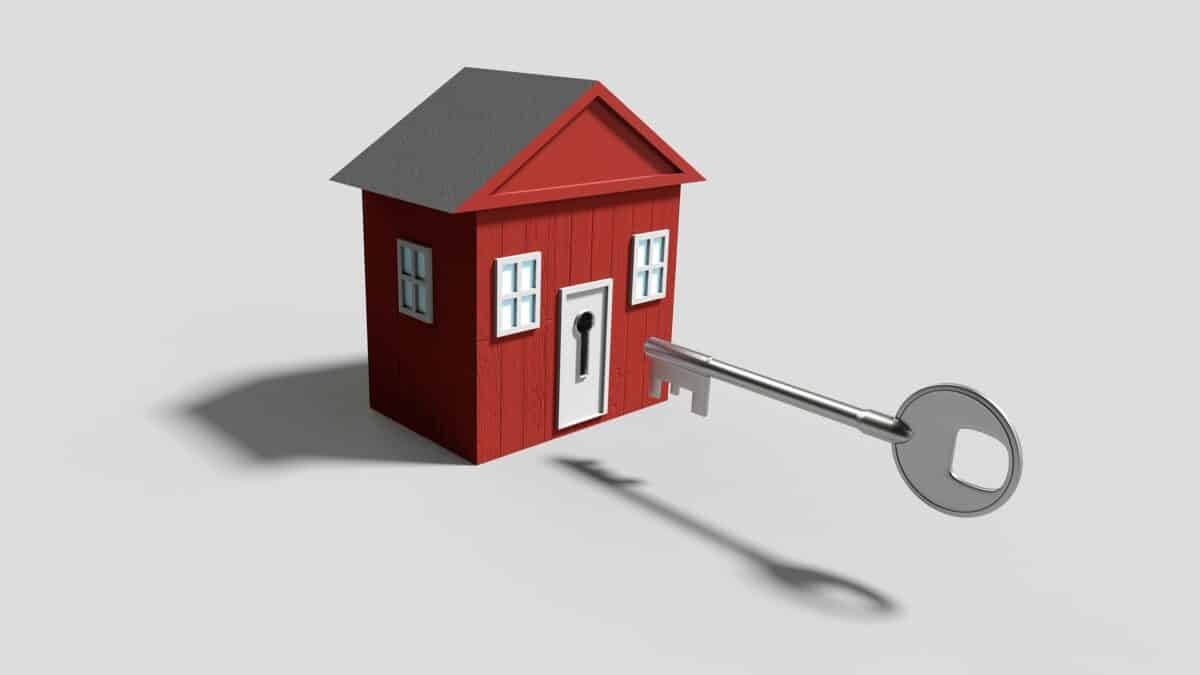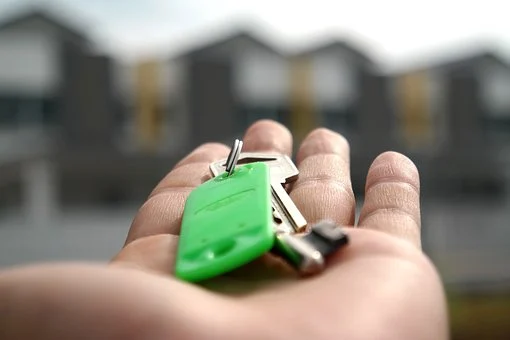HOUSING MINISTER DARRAGH O’Brien has welcomed the mortgage rule changes announced today by the Central Bank.
Mortgage borrowing limits for first-time buyers is to increase to four times their gross income from January 2023.
The new rules will see the mortgage borrowing limits for first-time buyers rise from three-and-a-half times their gross income. The previous limit had been in place since 2015.
The changes also mean that deposits of 10% of a home’s value are now required for both first and second-time buyers.
Those that are divorced/separated or who have been through insolvency or bankruptcy can also be considered as first-time buyers (FTB) under the new measures.
The housing minister said today that he believes the changes to the criteria required for a borrower to be considered as FTB “are particularly welcome”.
The changes combined with Government initiatives such as our new First Home Scheme and Help-to-Buy Scheme will help buyers own their own home, “paying less in a mortgage than they would in rent”, he said.
“Increasing the supply of housing is key. We are doing that,” he added.
Risk of increasing house prices
However, while the minister approves of the changes, others have not been so welcoming of today’s announcement, with some stating that the increase in borrowing limits will only drive up house prices, which are already at all-time highs.
Rory Hearne, author of the new book ‘Gaffs’ and an Assistant Professor in Social Policy tweeted today:
House prices stalling and likely to fall. A Generation holds its breath, maybe affordable housing is on the horizon. But in steps the Central Bank, acting for the banks, property investors, wealth-the ‘system’ No! Let them borrow more to keep prices high! The game is rigged.
Trevor Grant, Chairperson of the Association of Irish Mortgage Advisors, also said there “is a concern that by increasing the multiple at this time it may increase prices until sufficient property supply is delivered”.
While the current rules have largely served the market well since their introduction in 2015, some unintended consequences for certain cohorts of homebuyers is they have been effectively locked out of the market, he said.
There is still have a chronic under supply of property to cater for demand, said Grant.
He called for a cohesive plan incorporating all stakeholders to ensure a suitable supply of private and public social housing is created.
At the press conference following the announcement, Governor of the Central Bank Gabriel admitted that there would likely be a “modest” increase in house prices resulting from the change, but said that the announcement was about ensuring financial stability rather than managing house prices.
When asked if the timing of the change was bonkers, due to currently rising interest rates, Maklouf said that the changes were not decided last week and that there had been a thorough review of the measures.
Increasing debt on families
Aontú Leader and Finance Committee member Peadar Tóibín said changing the rules for FTB without fixing the supply problems will just increase the price of homes.
“This means that families will carry increased debt over their lives. This is obviously not good at any time but is worse at time that interest rates are taking of,” he added.
There was a cautious response from the Banking & Payments Federation Ireland (BPFI) with Chief Executive Brian Hayes stating that it members would “be reviewing the changes announced today carefully, in preparation for their application from 1 January 2023″.
“BPFI and its members recognise the critical importance of ensuring the stability of the banking system while providing essential credit to potential home buyers and protecting Irish households from the risk of over-indebtedness.
The sector recognises the role that the Macro-prudential Rules have played in ensuring more prudent lending, a reduction in the overall levels of consumer indebtedness, and the establishment of reasonable and transparent requirements expected of customers seeking mortgage approval. We support the implementation of the mortgage measures for those important reasons,” he said.
Viable housing developments
However, while there are concerns the measures will ramp up house prices, Head of Credit at online broker MyMortgages.ie, Joey Sheahan, told The Journal that the change should help to eventually drive down house prices, in his view.
“There were concerns that increasing the limit could push up the price of property, but there are also concerns that many developers are struggling to deliver homes at prices within the current limits and that a significant number had deferred building until the maths made more sense.
“In order for new housing developments to be viable for the developer, they need to reach certain price levels. With people having more affordability now, being able to get bigger mortgages, it would mean that more buyers and more new housing should increase the supply of housing.
He believes that the reclassification of a first-time buyer is the most significant change announced today, and will have “a huge impact”.
“A lot of people, unfortunately, have marriage breakdowns and many of them have no option but to remain living in the same house because they might not have a 20% deposit to buy a new property as a second-time buyer.
“Now, as first-time buyer they can get a 90% loan and instead of three and a half times their income, they can get a mortgage of four-times and one of them can get away to that second home.”
On the exemptions: “They can lend in excess of four times income, with exceptions, up to 15% of the mortgage book. As well as that, some people don’t realise that each bank has its own lending policy for people that might have variable income.
For example, bonuses commission, over-time. Some banks will lend more in account of that, some will allow for some of it, some won’t count it at all.”
“A mortgage application could take up to a couple of months to go through. So people can apply now at three and a half times income and it could come through in December and then come January it could increase to four times income so I think people should get the ball rolling now.”
Source: https://www.thejournal.ie/central-bank-rule-change-rising-house-prices-5897249-Oct2022/
















